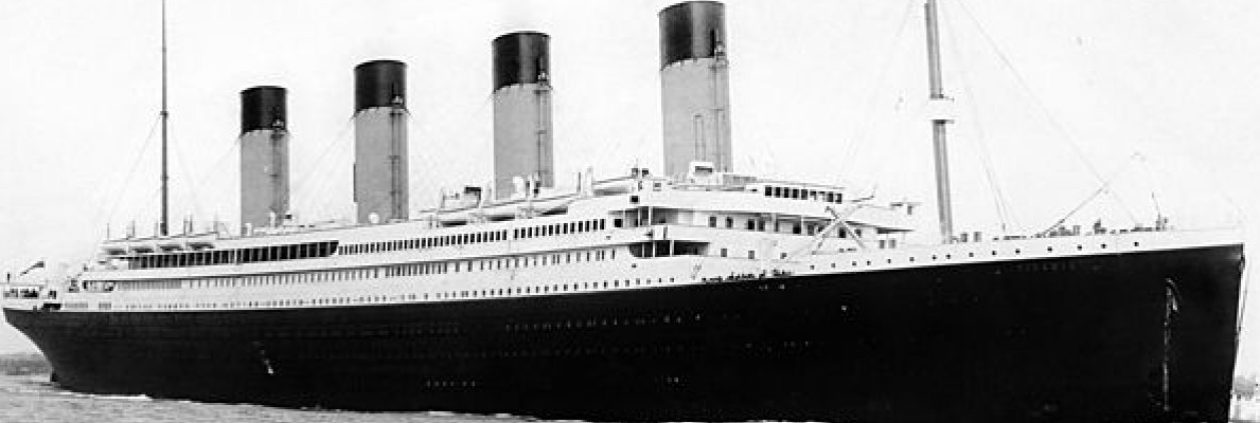Last summer the P&O cruise ship Pacific Sun was caught in a vicious storm off New Zealand. 77 people were injured as the ship headed home through 20-foot swells and winds around 50-knots. Now a report about to be issued reveals what passengers experienced during that harrowing time. According to the New Zealand Herald, the report states it was “pure good fortune” that passengers and crew were not more seriously injured or killed.
Apparently many furnishings were not secured, such as casino gaming machines, tables, a grand piano and heavy office equipment such as photocopiers. As the ship tossed about in the storm, they became mobile causing some passengers to remark to officials later that it was like what they saw in the Titanic movie. Now that is pretty scary when you think about it. (Years ago I worked in a building in downtown San Francisco when the 1989 earthquake hit. The building was designed to sway with the earth movement. Upstairs in another office a copy machine was pitched across the room right into the wall. I consider myself fortunate since I was in our copy area at the time and luckily those machines did not move at all.)
In perhaps a great understatement, the report states “It says procedures for securing furnishings following an earlier accident – in which another cruise ship’s equipment injured people – were not “sufficiently robust.” Injuries to passengers were broken bones, cuts, and bruises. Seven were seriously hurt and one passenger had part of a finger amputated. As a result of the ship rolling so badly, the two spa pools were emptied of water creating more hazards. Muster stations were damaged resulting in passengers being sent back to their cabins.
But it gets worse, according to the newspaper, as to why the ship was not prepared to handle this kind of situation.
1. The captain was in a hurry to get back to Auckland in time for the next cruise. By failing to heave-to earlier he put the ship in the ship in the worst sea conditions. This was not deliberate but inadvertent.
2. The bridge crew was unable to see or monitor the swells when it was dark.
3. Two of the four muster stations were rendered useless because of the damage and mess caused by unsecured furnishings. This is significant since these muster stations are where passengers are to go to in an emergency.
4. The stabilizers used to keep rocking at a minimum were inoperative. One was worn out and the other useless at slow speeds the ship was traveling at.
5. Crew had lifejackets but apparently the signal for passengers to put them on was never given. Apparently this is a normal operating procedure (giving the alert first to the crew then usually followed, if needed, to the passengers).
Most of the injuries came by falls, and unsecured furnishings toppling on to people. “Had Pacific Sun’s furnishings and fittings been sufficiently secured so as to resist moving when she heeled, the number of injuries would have been greatly reduced,” the Marine Accident Investigation Branch report says. According to the Herald, P&O states that the heavy objects have now been secured and that the experience provided a “valuable insight” for the company. Night vision goggles are now being deployed (or have been deployed) so that bridge crews will be able to see outside at night. And of course better maintenance was suggested by the report which, of course, P&O says it will do.
Now to be fair this was an unusual situation. It is not every day cruise ships sail into such intense storms. What surprises me is how unsecured the furnishings were. I know that major cruise ships have stabilizers to prevent the ship from rocking too much but all it takes is very severe weather to turn them into dangerous projectiles. Yet it would seem common sense to secure them to minimize harm to the ship, passengers, and crew. Hopefully lessons have been learned from this incident. It must have been scary though to see tables, chairs, gaming machines or other things suddenly move across the floor (or in some cases likely tossed considering how big the swells were). No wonder some passengers later said later they thought at the time they might not make it out alive.
